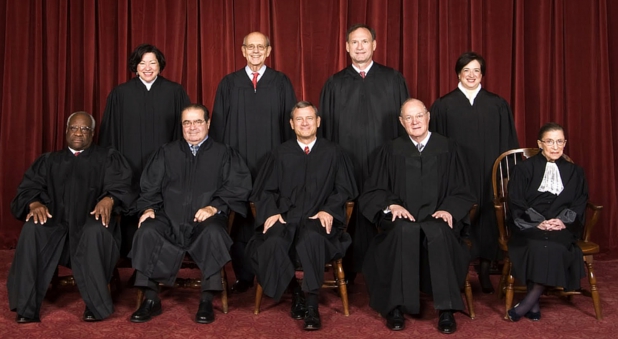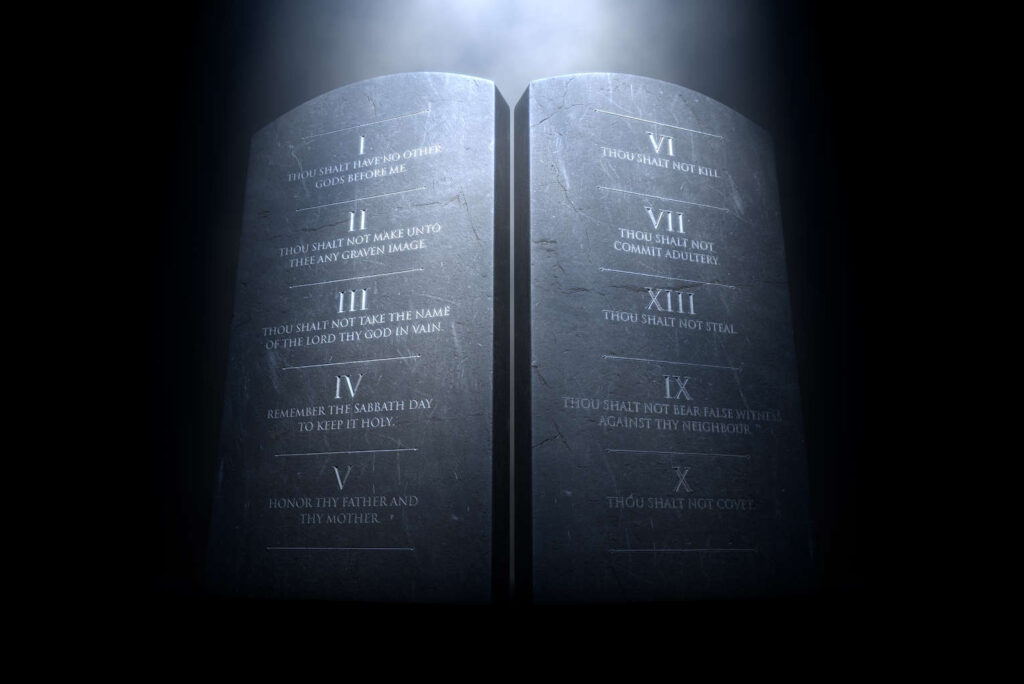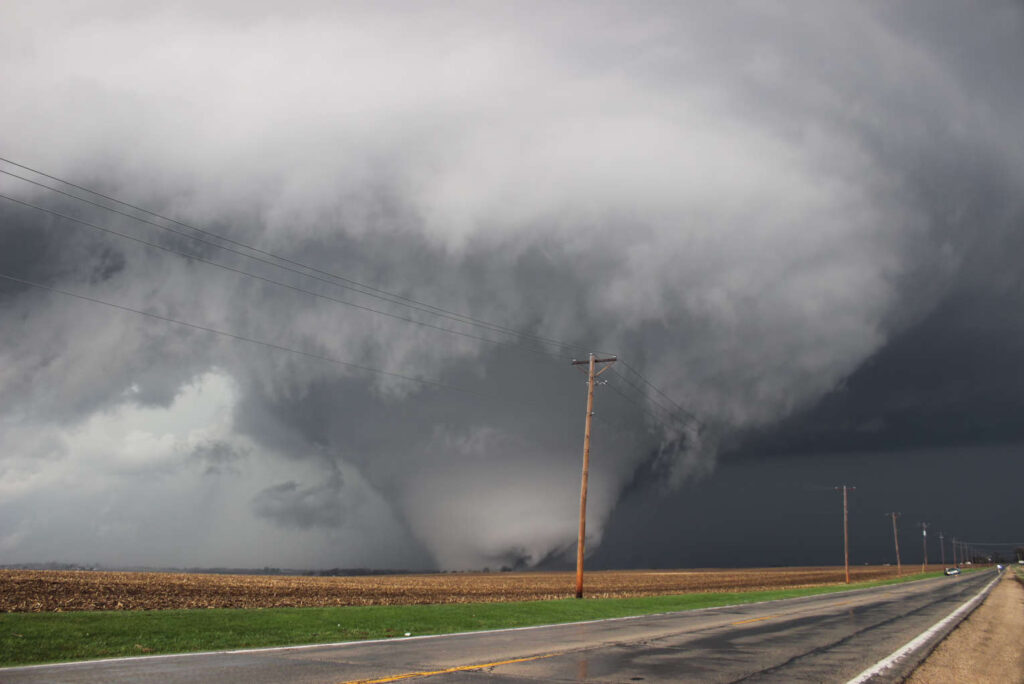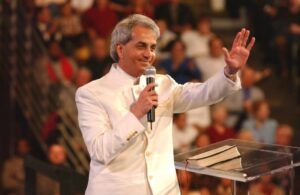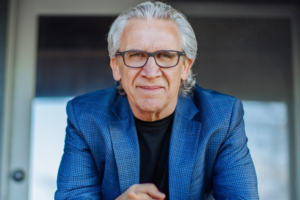Americans who say they have gay or lesbian friends are twice as likely to agree gay marriage should be legal.
Fewer than half of Americans say homosexuality is sinful.
And evangelicals are increasingly at odds with American culture over same-sex relationships.
Those are among the findings of a phone survey of 2,000 Americans about gay marriage from Nashville-based Lifeway Research. Researchers found that friendship and faith play an influential role in how Americans view gay marriage.
“When it comes to support for gay marriage, a lot of it depends on who you know,” says Ed Stetzer, executive director of LifeWay Research. “Those who say they have gay or lesbian friends are the most open to gay marriage. Also, regardless of friends, evangelicals are more likely to consider homosexual behavior sinful.”
Currently 37 states allow gay marriage—though ceremonies are on hold in some places, pending appeals. Later this month the Supreme Court will hear arguments that could make same-sex marriage legal nationwide.
Overall, half (50 percent) of Americans agree with the statement, “I believe gay marriage should be legal.” That number jumps to 6 in 10 (60 percent) for Americans who say they have gay or lesbian friends.
Among Americans who say they have no gay or lesbian friends, only a third agree gay marriage should be legal.
Among faith groups, Catholics (56 percent) agree more than Protestants (40 percent) but less than the nonreligious (73 percent).
Evangelicals, defined here as those who identify themselves as a born again, evangelical or fundamentalist Christian, are least likely to support gay marriage. Less than a third (30 percent) say gay marriage should be legal. This compares to 38 percent of evangelicals who say they have gay or lesbian friends who agree gay marriage should be legal.
And two-thirds of evangelicals say sex between two people of the same gender remains sinful, whether it is legal or not. Among those who say they have gay or lesbian friends, 62 percent of evangelicals agree.
By contrast, 6 in 10 (59 percent) nonevangelicals support gay marriage. Just over a third (38 percent) say sex between people of the same gender is sinful.
That leaves evangelicals at odds with American culture, says Stetzer.
“Culture is dramatically shifting on the issue,” explained Stetzer. “Yet, evangelicals are the most resistant group to that change.”
The study confirmed that Americans remain polarized over the question of gay marriage.
A third (36 percent) strongly agree gay marriage should be legal. A third (35 percent) strongly disagree. Few (6 percent) are unsure.
Researchers found similar responses to the statement, “I believe that sex between people of the same gender is sinful, regardless of its legality.” Just under half of Americans agree (46 percent) while the same number disagree. Seven percent are unsure.
For comparison, LifeWay Research also conducted an online survey, asking 2,252 Americans, “Do you believe homosexual behavior is a sin?”
In 2014, 3 in 10 (30 percent) answered “yes.” More than half (54 percent) said no.
By contrast, 37 percent said yes in a similar 2012 survey and 44 percent said yes in 2011. About 4 in 10 (43 percent) said homosexual behavior is not a sin in the 2011 survey, along with 45 percent in 2012.
Even if gay marriage becomes legal nationwide, few Protestant senior pastors are likely to officiate at same-sex weddings. Most see same-sex marriages as wrong, according to a study of 1,000 Protestant senior pastors from LifeWay Research.
Eight in 10 (80 percent) disagree with the statement, “I see nothing wrong with two people of the same gender getting married.” That includes 74 percent who strongly disagree.
About 1 in 5 (18 percent) Protestant senior pastors agree, including 1 in 10 (11 percent) who strongly agree.
A 2010 LifeWay Research survey of pastors found similar results. In 2010, 83 percent disagreed.
“Church leaders have traditionally been seen as the champions of all things moral in society,” said Stetzer. “As public perceptions of morality change, pastors find themselves in an increasingly unpopular position.”
See an error in this article?
To contact us or to submit an article


